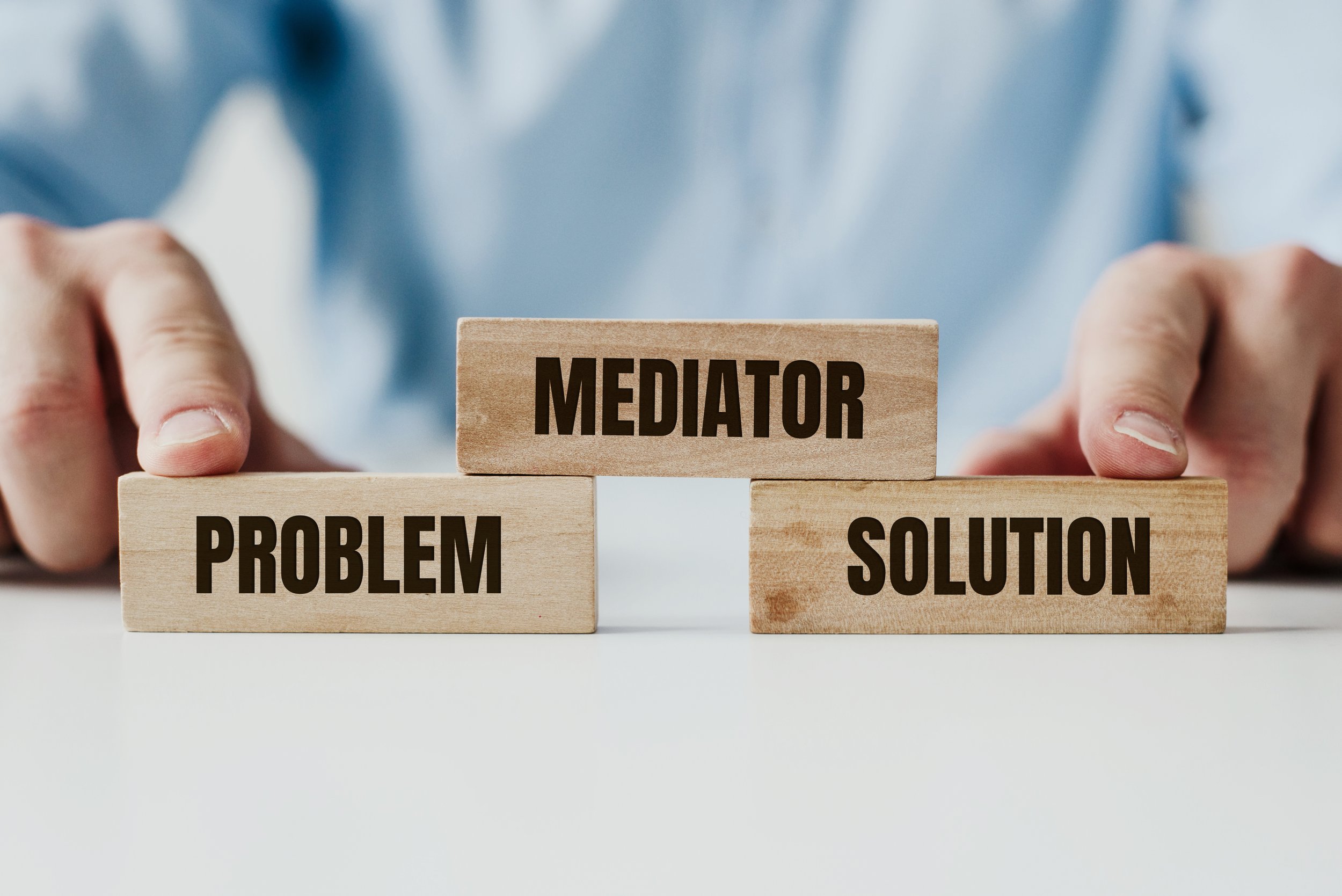
What is Mediation?
-
DISPUTE RESOLUTION
Mediation is a form of dispute resolution where a neutral third party, known as the mediator, facilitates communication between parties in conflict. Unlike a judge or arbitrator, the mediator does not impose a decision but helps the parties reach a mutually acceptable resolution. Mediation is voluntary, confidential, and often less adversarial than litigation, offering a collaborative environment for resolving conflicts.
-
MEDIATOR ASSISTED
During mediation, the mediator assists the parties in identifying their interests and concerns, clarifying misunderstandings, and exploring potential solutions. Through open dialogue and problem-solving techniques, mediation aims to foster understanding and cooperation between disputing parties. The process empowers individuals to actively participate in crafting solutions tailored to their unique needs and circumstances.
-
WIDELY USED
Mediation is widely used in various contexts, including family disputes, workplace conflicts, commercial disagreements, and community issues. Its flexible nature allows for creative problem-solving and can preserve relationships that might otherwise deteriorate through traditional legal proceedings. By promoting communication, cooperation, and self-determination, mediation offers a constructive alternative to litigation, emphasizing collaboration over confrontation.
Mediation is a process which can help those in conflict to resolve their issues, determine their own outcomes, in total confidence through skilled and neutral professional guidance. For those in dispute – Mediation is a great option. (themii)
*Voluntary * Confidential
* Impartial * Self Determining.
Benefits of Mediation
Mediation can offer many benefits including reducing cost, time and stress. It has very high success rates and the outcome is agreed by the parties not for the parties. (themii)


